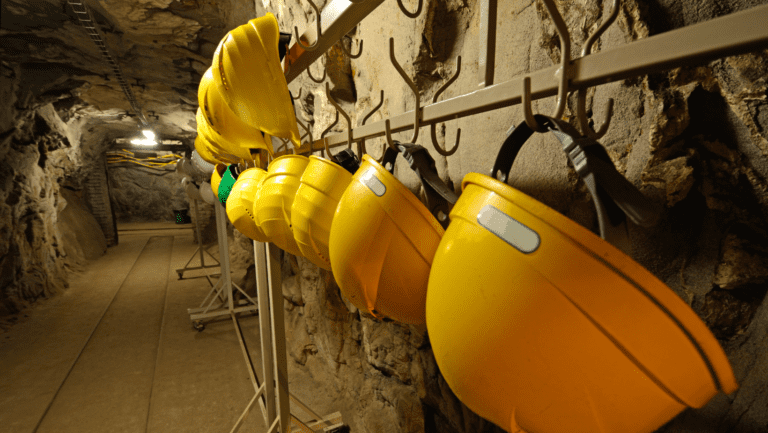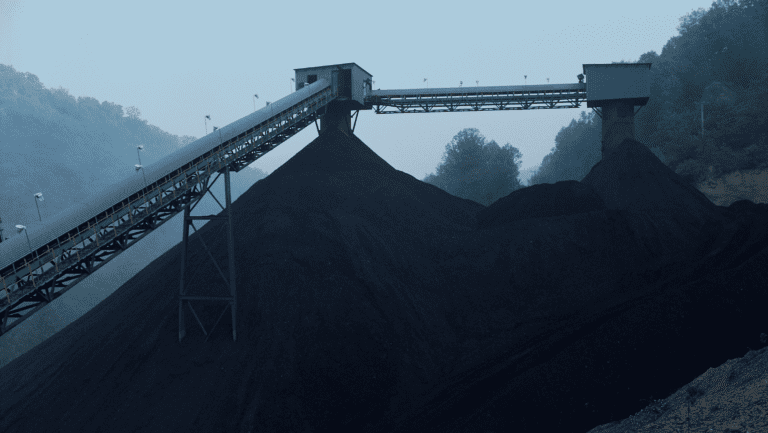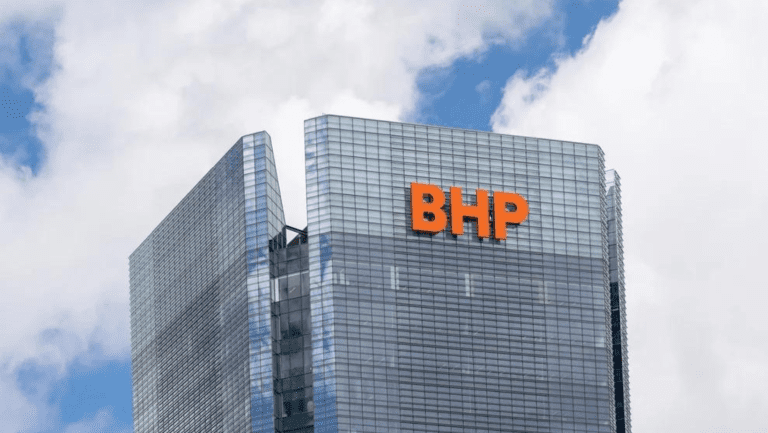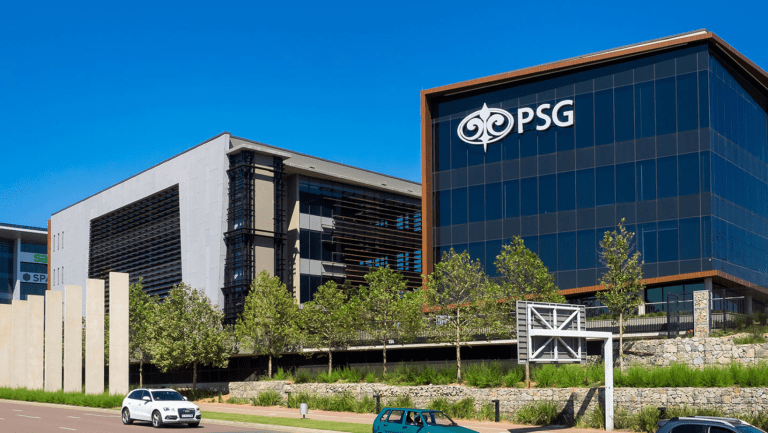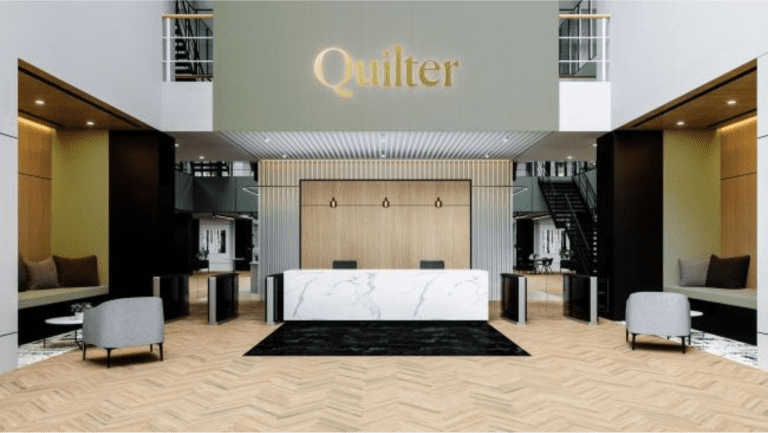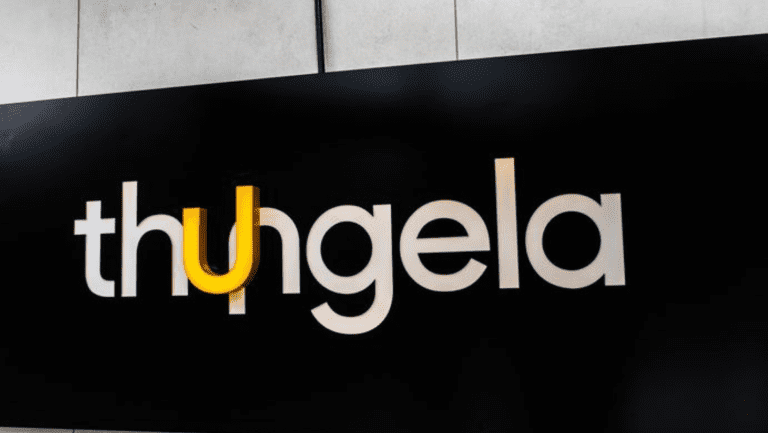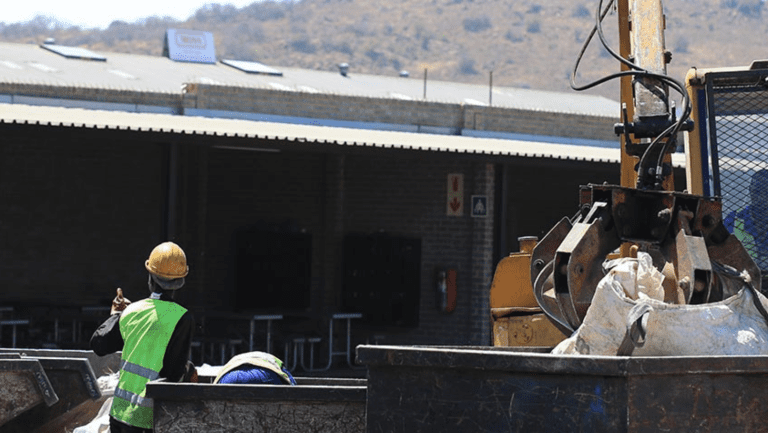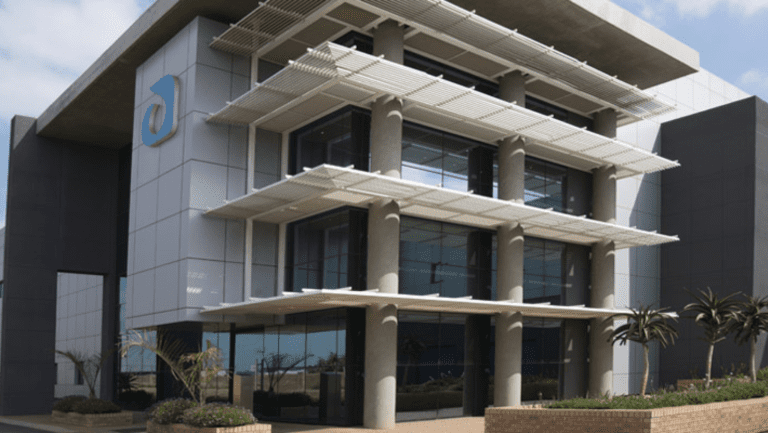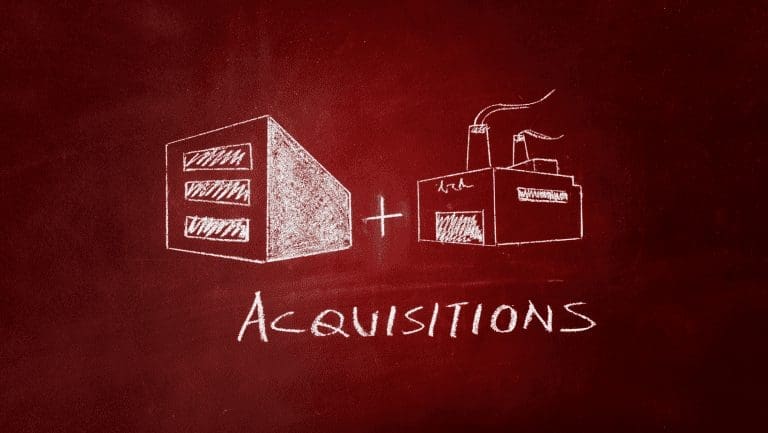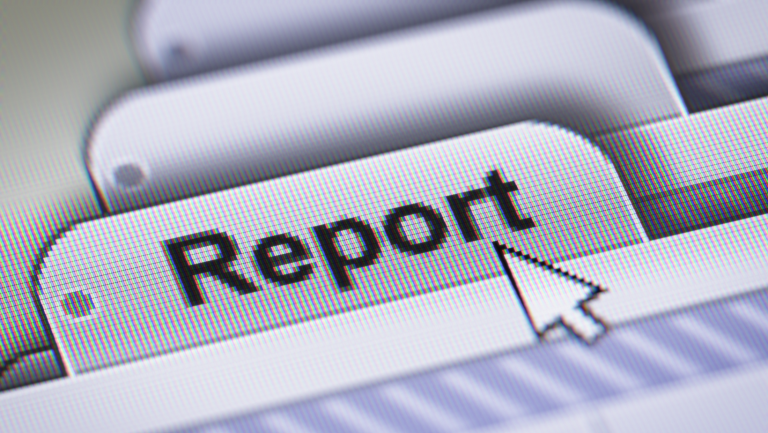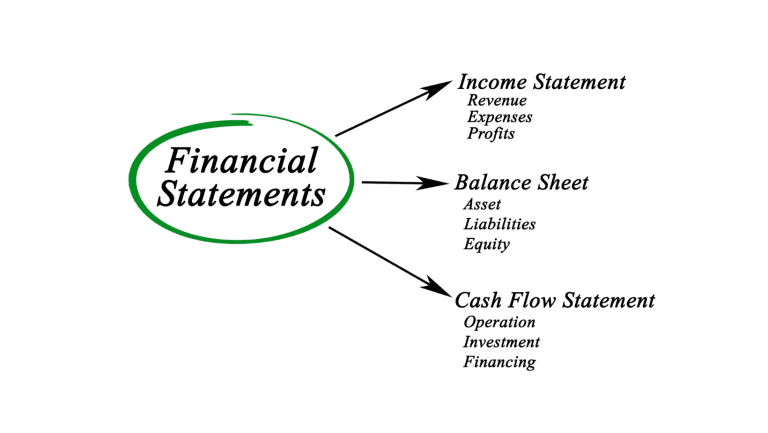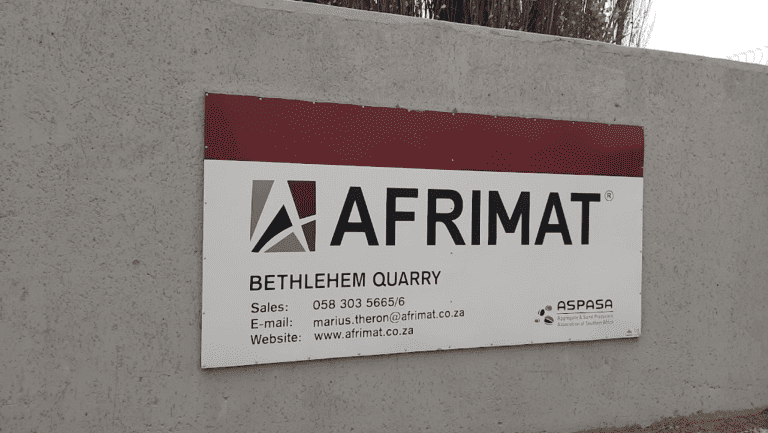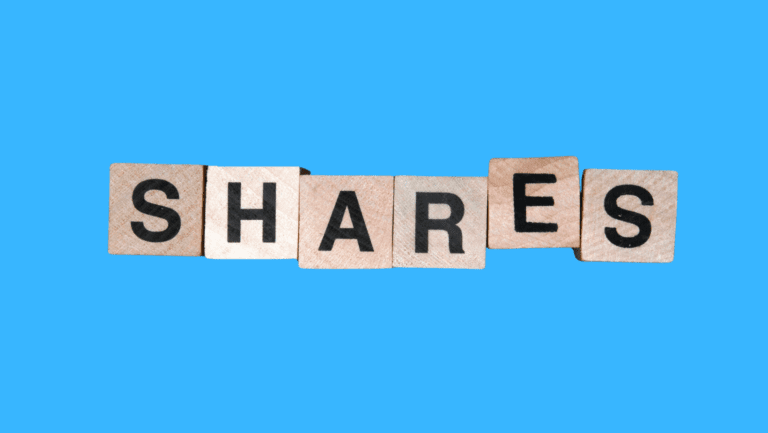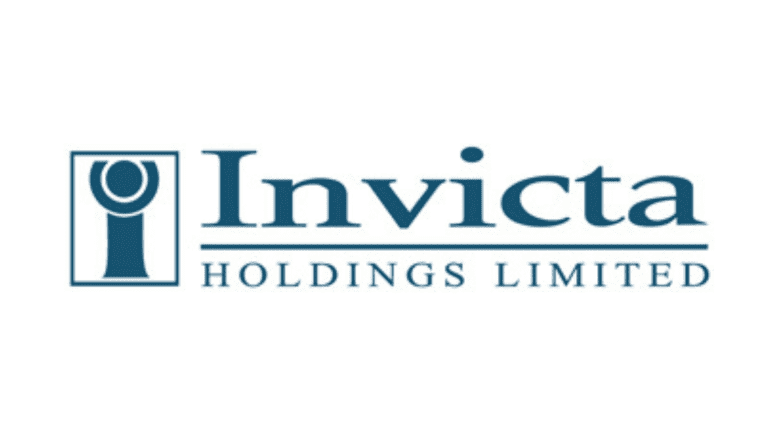Buying a house or property can provide you with the ability to own a home after you fully pay off your home loan. With South African inflation rates ranging between 3.27% and 5.27% between 2011 and 2022, you can expect to feel less pressure on your monthly repayments as the years progress.
Since a home loan includes not only monthly loan repayments for 20 – 30 years but also includes fees and costs, you are likely to feel pressure on the instalments due on your home loan in the first years. As a result, if you pay R8000.00 in rent, taking out a home loan with R8000.00 installments may not be a good idea.
Such a decision may force you to reduce your spending on some of the items you have been spending on before taking out a home loan in order to keep up with your home loan expenses. Of course, there will be one-time costs that you must bear. Once-off expenses can be covered by a home loan, but you will end up paying more than R8000.00 in monthly installments, leaving you over-indebted in the process.
Hence, when buying property on credit, you should become acquainted with the costs that you incur when doing so. We’ve compiled a list of the top 14 costs you’re likely to incur when buying a home in South Africa.
- Transfer Duty
Transfer Duty is a tax levied on the amount need for buying a house of any property sold in South Africa. The transfer duty amount is paid to a conveyancer, and the conveyancer advances the transfer duty amount to SARS.
Transfer Duty is zero percent for those buying a property worth less than R1,000,000.00. The transfer duty rates for 2022 are as follows:
| Threshold | Property Value | Rate |
| 1 | R1.00 – R1,000,000.00 | 0% |
| 2 | R1,000,001.00 – R1,375,000.00 | 3% of the value above R1,000,000.00 |
| 3 | R1,375,001.00 – R1,925,000.00 | R11,250.00 + 6% of the value above R1,375,000.00 |
| 4 | R1,925,001.00 – R2,475,000.00 | R44,250.00 + 8% of the value above R1,925,000.00 |
| 5 | R2,475,000.00 – R11,000,000.00 | R88,250.00 + 11% of the value above R2,475,000.00 |
| 6 | R11,000,001.00 and above | R1,026,000.00 + 13% of the value exceeding R11,000,000.00 |
The amount owed in transfer duty can be paid through a home loan or by the buyer. If the transfer duty amount is added to the home loan, the installments and interest payable on the loan will increase.
When buying a home, you should budget for the Transfer Duty fee. For example, if you buy a property for R1,700,000, you should save R11,250.00 plus 6% of R324,999.00, which is R19,500.00, which will give you a total of R30,750.00 in transfer duty amount due.
- Conveyancer’s Fee
The conveyancer’s fee is the fee paid to the conveyancer for the administration of registering the bond with the deeds office. The amount payable varies depending on the amount of the home loan taken, and law firms charge varying fees for this service.
Conveyancer’s fees are determined by the Law Society of South Africa’s recommended tariffs. The amount charged by the transferring attorney differs slightly from the amount recommended by the Law Society.
Conveyancer fees are subject to a VAT of 15%. The fee is there to cover the costs of posting documents to other Conveyancers, the estate agent, the Deeds office, you as the buyer, the bank, and other parties.
- Deeds Office Registry Fee
The Deeds office charges a registration fee for the legal registration of a bond. This amount can be included in your home loan application and is part of your bond costs. The fees are levied in accordance with the Deeds Office Registries Act 47, 1937.
The bond registration fee as of 2022 are as follows:
| # | Home loan Value | Fee |
| 1 | Amount less than R150,000.00 | R438.00 |
| 2 | From R150,000.00 but doesn’t exceed R300,000.00 | R567.00 |
| 3 | From R300,000.00 but doesn’t exceed R300,000.00 | R707.00 |
| 4 | From R600,000.00 but doesn’t exceed R800,000.00 | R995.00 |
| 5 | From R800,000.00 but doesn’t exceed R1,000,000.00 | R1142.00 |
| 6 | From R1,000,000.00 but doesn’t exceed R2,000,000.00 | R1238.00 |
| 7 | From R2,000,000.00 but doesn’t exceed R4,000,000.00 | R1778.00 |
| 8 | From R4,000,000.00 but doesn’t exceed R6,000,000.00 | R2157.00 |
| 9 | From R6,000,000.00 but doesn’t exceed R8,000,000.00 | R2568.00 |
| 10 | From R8,000,000.00 but doesn’t exceed R10,000,000.00 | R3002.00 |
| 11 | From R10,000,000.00 but doesn’t exceed R15,000,000.00 | R3537.00 |
| 12 | From R15,000,000.00 but doesn’t exceed R20,000,000.00 | R4,292.00 |
| 13 | From R20,000,000.00 but doesn’t exceed R30,000,000.00 | R5,002.00 |
| 14 | Amount exceeding R30,000,000.00 | R7147.00 |
Transferring immovable property, such as a house, also has a cost. The following fee will be charged for property transfers with the Deeds office in 2022:
| # | Purchase Price | Fee |
| 1 | Amount less than R100,000.00 | R41.00 |
| 2 | Amount more than R100,000.00 but less than R200,000.00 | R90.00 |
| 3 | Amount more than R200,000.00 but less than R300,000.00 | R567.00 |
| 4 | Amount more than R300,000.00 but less than R600,000.00 | R707.00 |
| 5 | Amount more than R600,000.00 but less than R800,000.00 | R995.00 |
| 6 | Amount more than R800,000.00 but less than R1,000,000.00 | R1142.00 |
| 7 | Amount more than R1,000,000.00 but less than R2,000,000.00 | R1283.00 |
| 8 | Amount more than R2,000,000.00 but less than R4,000,000.00 | R1778.00 |
| 9 | Amount more than R4,000,000.00 but less than R6,000,000.00 | R2157.00 |
| 10 | Amount more than R6,000,000.00 but less than R8,000,000.00 | R2588.00 |
| 11 | Amount more than R8,000,000.00 but less than R10,000,000.00 | R3002.00 |
| 12 | Amount more than R10,000,000.00 but less than R15,000,000.00 | R3573.00 |
| 13 | Amount more than R15,000,000.00 but less than R20,000,000.00 | R4292.00 |
| 14 | Amount exceeding R20,000,000.00 | R5717.00 |
- Required Deposit Amount
A deposit is an amount paid as a down payment to offset the cost of a home loan for buying a house. Depending on the financial institution used, the amount can range between 5% to 30% of the loan’s value. Some lenders offer 100% home loans that do not require a down payment when the client has a good credit score. Those with poor credit are encouraged to put down a deposit when purchasing a home on credit.
- Homeowners Insurance
When you take out a home loan with a financial institution, you will be required to purchase homeowners insurance so that the property financed is protected against natural disasters, intentional property damage, and other occurrences.
Homeowners’ insurance can be obtained directly from the lender or from third-party insurers. A homeowners insurance policy is a recurring expense that must be paid over the lifespan of the loan. This is an important cost that must be budgeted for.
The premiums that you pay will be determined by the value of the property being purchased as well as a variety of other underwritten factors.
- Maintenance Costs
When moving to a new home, you will almost certainly incur costs for making the place presentable. As a result, you should set aside some funds to purchase cleaning supplies, paint, and other household necessities.
Maintenance costs are recurring and must be included in your long-term budget. Other items, such as a broom or a vacuum cleaner, maybe a one-time purchase.
- Repairs and Renovations
If you buy an old house that has been used before, you will almost certainly need to make some minor repairs and renovations when you move in. It is critical to budget for the costs of purchasing materials and hiring labor to complete the repairs. However, you do not have to make repairs right away.
- Home loan Initiation fee
An initiation fee is an amount that a bank or financial institution charges to process a home loan. There are various methods for charging an initiation fee, and each institution has its own method. The big banks in South Africa usually charge a flat fee of R6,037.00 for the initiation fee. However, charging a base fee and a percentage of the total loan amount is another method of charging.
- Moving Cost
Moving costs are one-time expenses that you will incur when relocating to a new home. If you don’t have any furniture, this is a cost you don’t have to be concerned about. Moving costs can be high depending on the distance that your belongings must be moved from and the number of trips that must be made.
The most accurate way to estimate your moving costs is to obtain a quote from a moving company. Alternatively, if you have too much furniture to move, you can save money by renting a trailer for the day.
- Property Rates
Municipality rates are levied by the municipality in which your property is located and can be collected by an estate body corporate if you live in an estate. Since this is a recurring expense, you must ensure that your income will be sufficient to cover it.
When purchasing a home, this expense is factored into the offer to purchase. There is no need to make an estimation of how much you will incur on property rates.
- Monthly Service Fees
This is the fee levied by a bank for the administration of a home loan. The sum is small and can cost up to R69.00 depending on the bank you use.
- Home Loan Repayment
This is the monthly payment you will have to make to repay your home loan. Many home buyers only budget for this amount. Depending on the institution, the installments can be paid over a period of 20 to 30 years.
To pay off your home loan faster, you can make lump sum payments at different intervals to reduce the amount of loan repayment due. Those who make lump sum payments will pay less interest than those who pay in monthly installments only.
Monthly installments can make up 30% of your monthly income. Late payments are penalized with interest; therefore, you must make payments before they are due.
- Home Contents Insurance
Home contents insurance is a type of insurance that protects your personal belongings from theft, damage, or loss. This product is non-obligatory, but it is recommended that you have it so that your furniture, fixtures, and other possessions are protected.
- Occupational Rent
When you occupy the newly purchased property before the transfer is completed, you will be required to rent the space. Since property transfers take up to 90 days to complete, you may be required to pay rent for three months.
Conclusion
We place too much emphasis on saving for a home loan repayment and overlook the costs associated with purchasing a home on credit. You have a better chance of coping financially after buying a house if you save for the 14 costs that you are likely to incur when purchasing a property. You will not be over-indebted because you will be able to cover the costs associated with your home loan and other related expenses.




